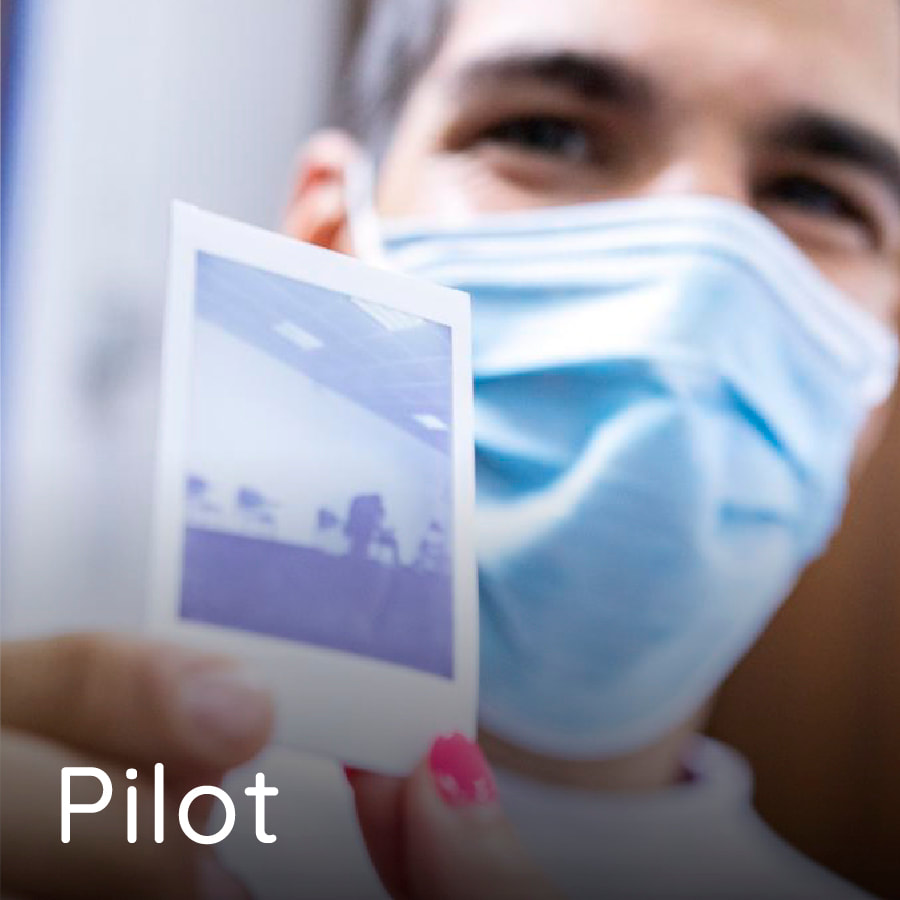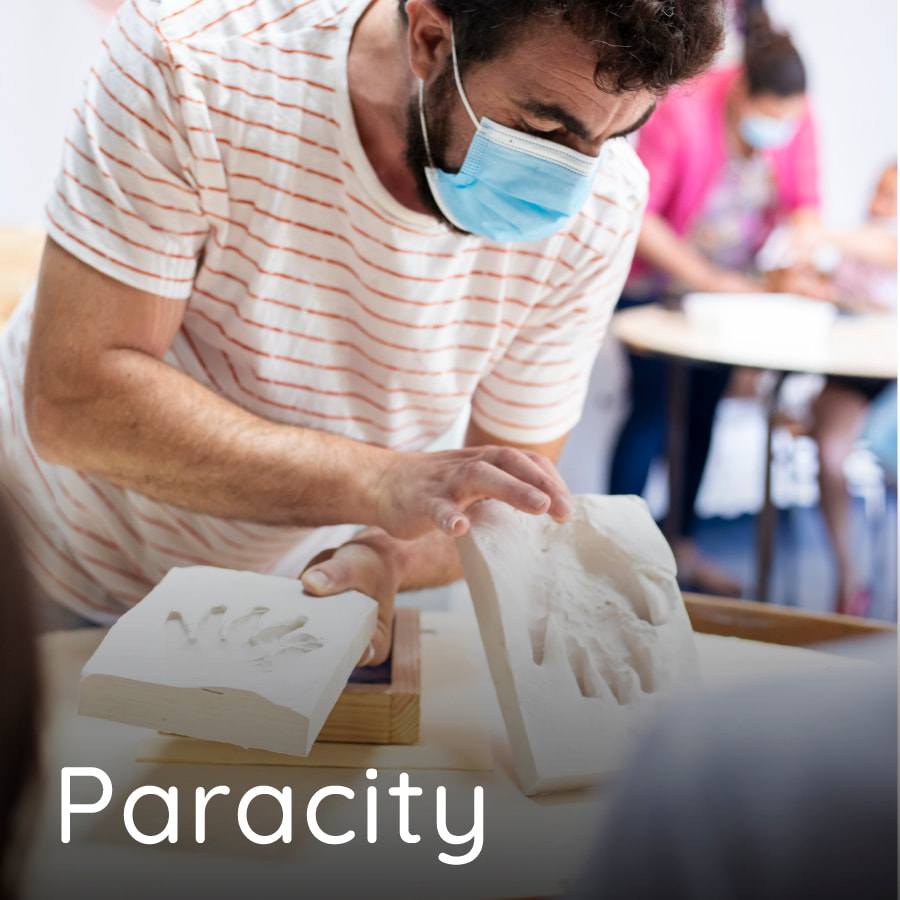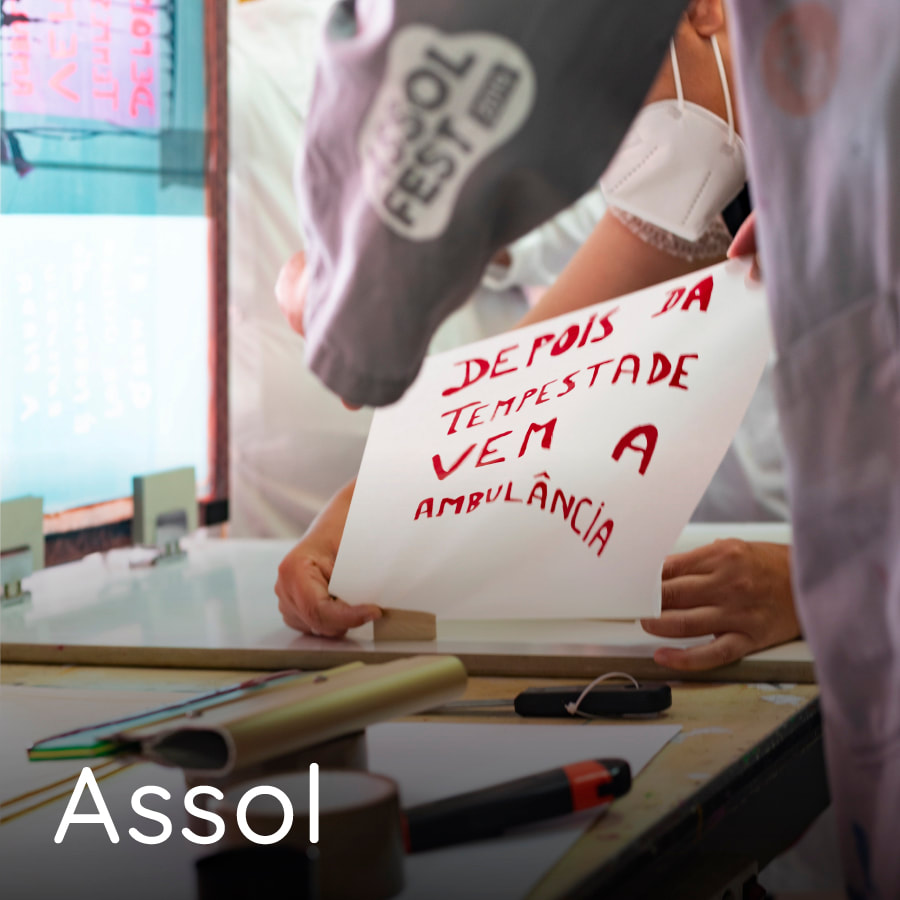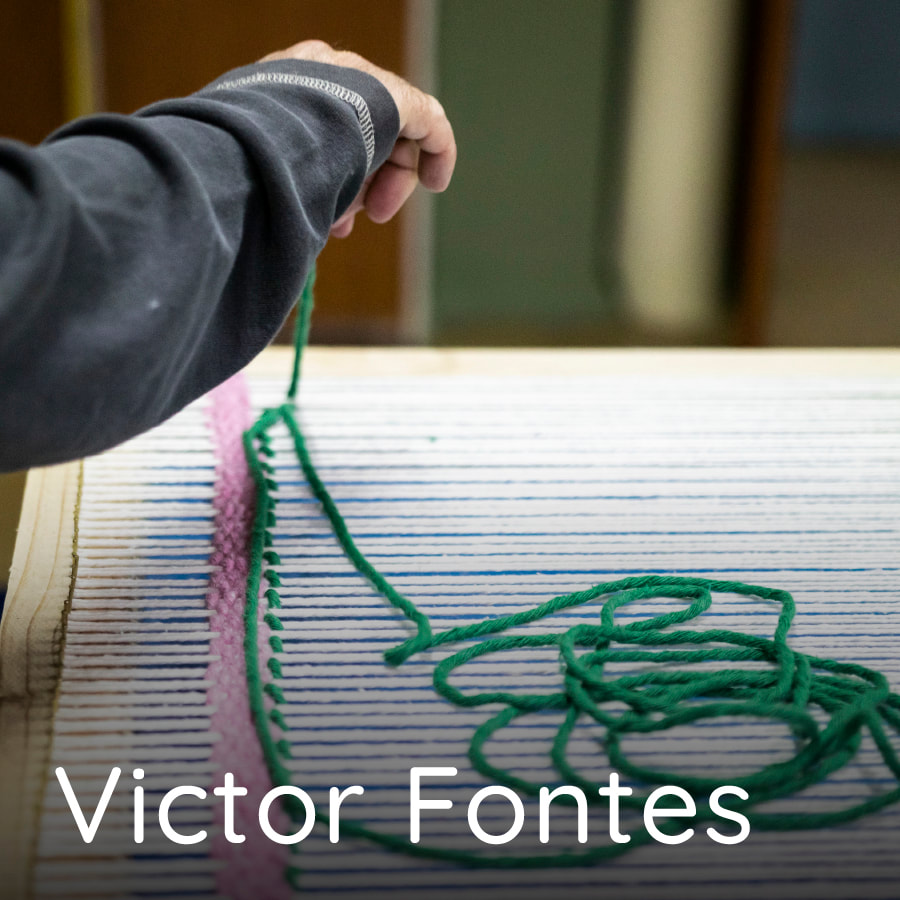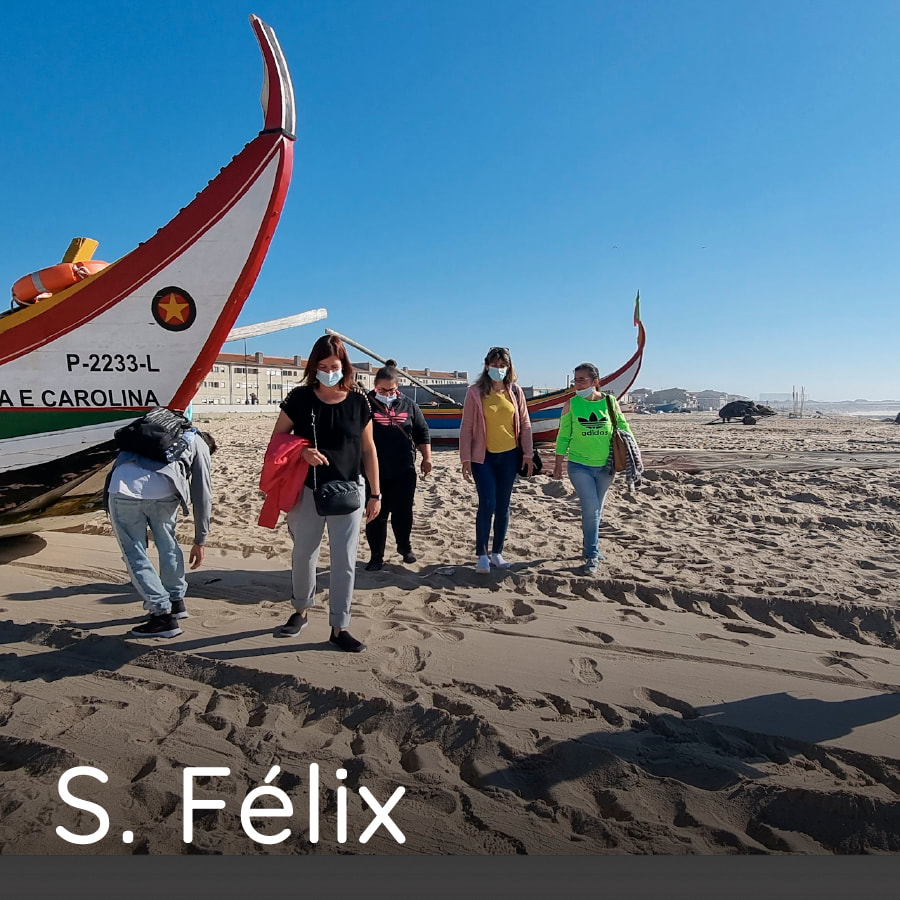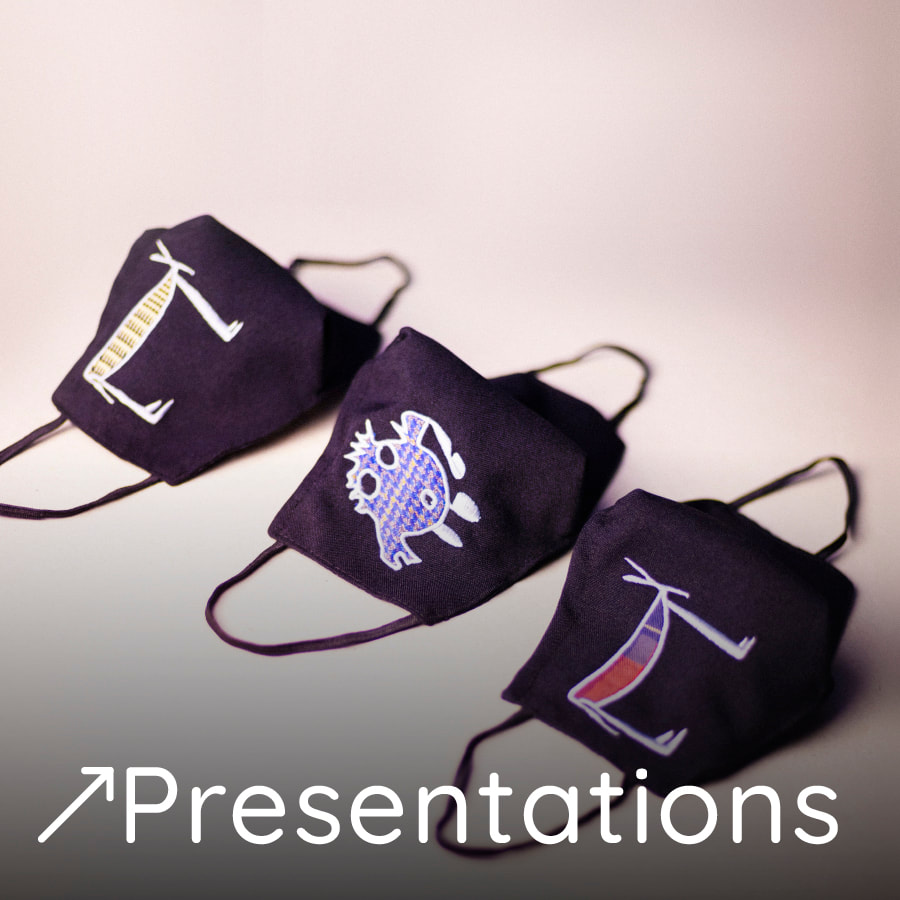Portugal
|
AMASS Coordinator: University of Lapland
Coordinator in Portugal: Associação de Professores de Expressão e Comunicação Visual—APECV Research Team: Ângela Saldanha; Célia Ferreira; Raquel Balsa; Teresa Eça Artists: Abel Andrade; Carlos Sousa; Dori Nigro; João Valente; Juliana Ferreira; Rosa Rufino |
Pilot: Year 2019, with ASSOL. Read More
Case-Studies: From 2021 with 162 participants from vulnerable communities; 6 artists; 4 researchers and 12 health/social workers with the support of four social care organizations. Stakeholders: Centro Alexandre Correia—ASSOL; Centro Social da Paróquia S. Salvador de Grijó—V.N.Gaia; Junta de Freguesia de São Félix da Marinha; INOVAGAIA; Textile company: Texiberica; Santa Casa da Misericórdia de Viseu—Museu; Casa da Imagem; Caritas Diocesana de Viseu. |
In each place, researchers, artists, stakeholders co-designed a program of workshops to explore art as social sculpture through participatory action research methods. Research questions were related to how artistic processes could contribute to the aims of the host social care organization and provide other methods for establishing trustful relationships.
The activities were planned during meetings between researchers, artists and stakeholders and informal group conversations with the rest of participants. The programs comprised activities such as visits to museums.
Artists acted as facilitators exploring artistic processes such as photography, crafts and design, printing, video, performance and visits to museums.
Local mediators, health workers and social workers were key elements to help artists understand the participants with verbal and physical difficulties and help in the workshops.
Data was collected via individual and group video or audio interviews, observation notes and photography of the process. Ethical principles and protection data regulations were followed to ensure protection of participants and their co-ownership of visual and audio records collected during the activities through signed consent forms by the participants or by their legal tutors. Data was analysed using interpretative methods and findings were shared with the stakeholders and participants.
The results demonstrated that artistic processes were a factor to increase conviviality, strengthen social relationships, increase well-being and develop communication skills. Artists found that the experience enhanced their visions about arts in the society and stakeholders observed that workshops developed by artists in the host organizations were beneficial to their own programs of social inclusion.
The activities were planned during meetings between researchers, artists and stakeholders and informal group conversations with the rest of participants. The programs comprised activities such as visits to museums.
Artists acted as facilitators exploring artistic processes such as photography, crafts and design, printing, video, performance and visits to museums.
Local mediators, health workers and social workers were key elements to help artists understand the participants with verbal and physical difficulties and help in the workshops.
Data was collected via individual and group video or audio interviews, observation notes and photography of the process. Ethical principles and protection data regulations were followed to ensure protection of participants and their co-ownership of visual and audio records collected during the activities through signed consent forms by the participants or by their legal tutors. Data was analysed using interpretative methods and findings were shared with the stakeholders and participants.
The results demonstrated that artistic processes were a factor to increase conviviality, strengthen social relationships, increase well-being and develop communication skills. Artists found that the experience enhanced their visions about arts in the society and stakeholders observed that workshops developed by artists in the host organizations were beneficial to their own programs of social inclusion.
